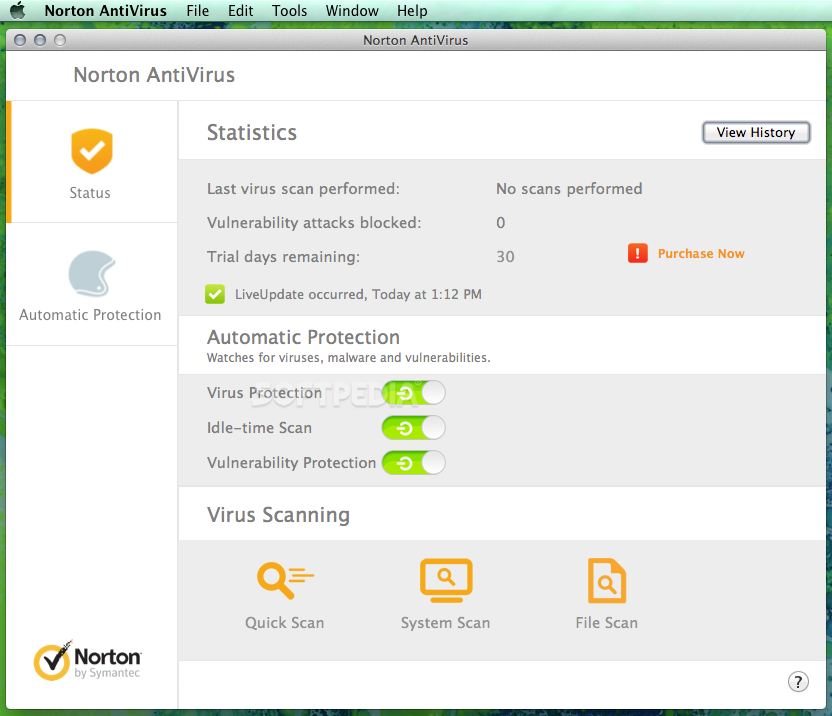

This makes antivirus software itself a common target for attackers, and researchers have discovered remote code execution and other serious vulnerabilities in antivirus software products in recent years. In order to scan systems comprehensively, antivirus software must generally be given privileged access to the entire system.

Some antivirus software programs do this automatically in the background, while others notify users of infections and ask them if they want to clean the files. Removing any malicious software it detects.Allowing users to initiate new scans at any time and.Allowing users to schedule scans so they run automatically.Scanning directories or specific files for known malicious patterns indicating the presence of malicious software.Many antivirus software programs include real-time threat detection and protection to guard against potential vulnerabilities as they happen, as well as system scans that monitor device and system files looking for possible risks.Īntivirus software usually performs these basic functions: How antivirus software worksĪntivirus software typically runs as a background process, scanning computers, servers or mobile devices to detect and restrict the spread of malware. Antivirus software is a class of program designed to prevent, detect and remove malware infections on individual computing devices, networks and IT systems.Īntivirus software, originally designed to detect and remove viruses from computers, can also protect against a wide variety of threats, including other types of malicious software, such as keyloggers, browser hijackers, Trojan horses, worms, rootkits, spyware, adware, botnets and ransomware.


 0 kommentar(er)
0 kommentar(er)
